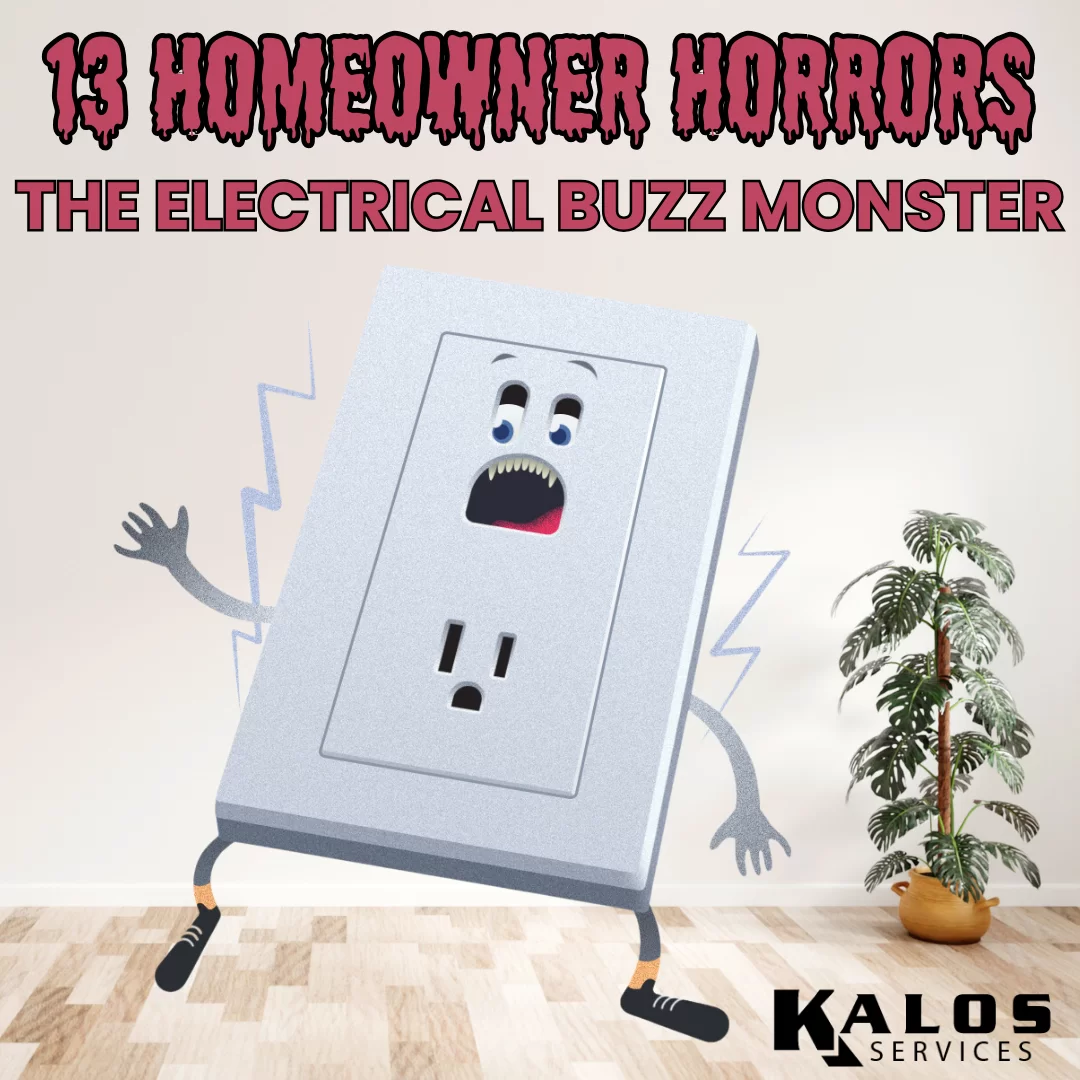A young couple, we’ll call them Mr. and Mrs. M, moved into an old house just on the edge of some wetlands. It had been empty for a while, as the previous owner married and moved in with their spouse. They’d occasionally stop by the house to go through their belongings, but the house went mostly uninhabited on the swamp’s edge for several months before it hit the market.
Mr. and Mrs. M were a just-married young couple who bought the house in the hopes that they’d start a small family within a few years. They put on some music and moved their furniture. The house smelled a little dusty from sitting for so long, so Mrs. M plugged in some decorative plug-in air freshener night lights to make the place smell less stale and feel more like home before they arranged everything just as they had planned, dusting the place and squishing a few carpenter ants along the way.
Once they finished the hard work of moving everything in and turned the music off, they realized that there was a faint buzzing noise coming from the walls—an electrical buzzing.
Mr. M called out an electrician, who did some thorough diagnostics and shut off the breaker to each outlet. The buzzing noise stopped as soon as he shut off power to one of the outlets in the living room—the outlet with the air freshener. After loosening the plate, the electrician discovered that there was a loose wiring connection in the receptacle, which is also a potential shock and fire hazard.
Loose wiring is a common but dangerous situation, and it can happen in any connection in the circuit: a receptacle, a switch, a junction box, the electrical panel, or a fixture. When there is a loose connection, electrons can’t get from one end of the circuit to the other, and the loose connection will often heat up, presenting a fire hazard. Here are some warning signs of a loose connection in your home:
- Flickering lights or electronic screens
- Buzzing noises, especially when a certain switch, fixture, or receptacle is active
- Heat at the connections
- Scorched wire insulation or metal
- Melted plastics near the connection
The sooner you can get a residential electrician to come out and address those issues, the better. An electrical fire hazard is nothing to take lightly.






